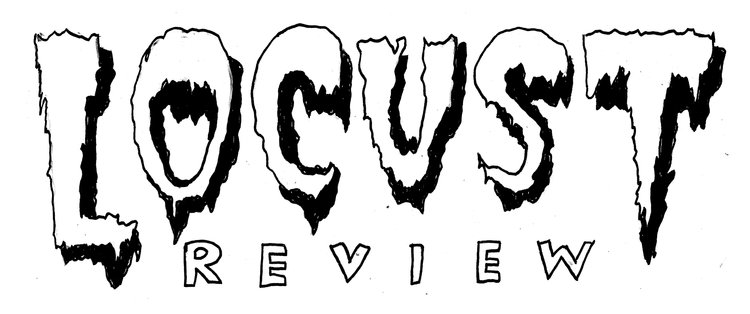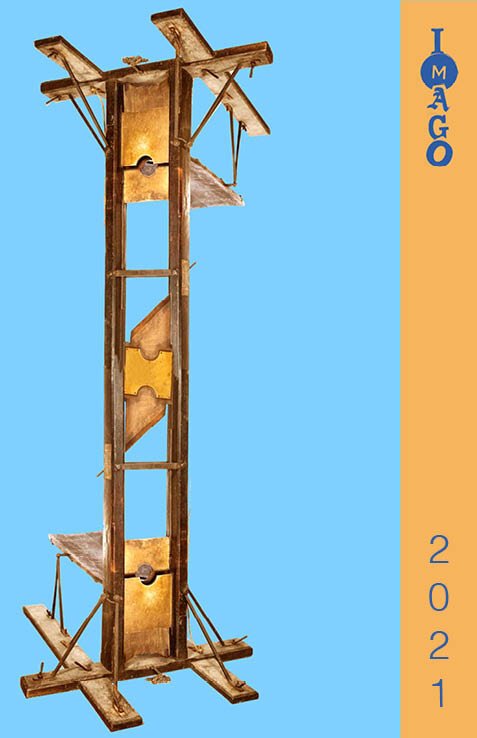How to break out? From the isolation, the despair, the stultifying routines? We are surrounded by the alien, the uncanny, by that which promises the freedom of a good life but inevitably leaves us empty and disappointed. Barbarism disguises itself as stability, and though more and more of us see through the veneer, we often have no idea what to do about it.
Imago is an attempt to help generate the necessary ideas of jailbreak. It is an annual theory journal published by Locust Review and the Locust Arts & Letters Collective (LALC). The first print edition of Imago will be sent to Locust subscribers in August 2021, and in the coming months we will post selected material from that issue online.
The impetus behind Imago emerges organically from that of Locust. If the latter is intended to provide a space for radical artistic praxis in an increasingly estranged world, then Imago is dedicated to understanding how we resist the parameters of that estranged world. As with Locust, our framework is one of critical irrealism and the radical weird.
Look at the whirlwind of contradictions that surrounds us. We are urged to celebrate the denouement of the worst pandemic in a century, even as vaccination campaigns fall far short and new mutations force new lockdowns; and as vaccines have yet to reach the arms of the vast majority of people in the Global South. Billionaires launch themselves into space while climate catastrophe unfolds, basic democratic freedoms are encroached upon by the far-right and increasingly authoritarian states.
We are hearing more and more that the pandemic has brought an end to the neoliberal economic model. The jury is still out on that. Yes, a modicum of public investment has allowed thousands in the US to walk away from stultifying and underpaid work as the labor market has tightened. But this relative and partial loosening of capital’s leash is not likely to last. They will make us pay for it — through inflation if nothing else — in the long run. All of this should be enough to make us question the nature of the “freedom” we are once again promised, or whether we are simply being presented with a shinier, more up-to-date prison.
William Gibson’s observation, that “the future is already here, it’s just not evenly distributed,” feels more prescient than ever. Out of the eldritch gaps crawl all manner of scenarios and challenges previously incomprehensible to us. Different times call for different solutions, ones that muster the same imagination that is caught off-guard.
You will see what we mean in the coming months. Articles in our print edition include in-depth analysis of contemporary critical irrealism, examinations of the difference between a radical left weird and that of the far-right, and deep dives into recent uprisings that highlight the unleashing of creativity that accompany them. Our online section will feature essays that look at the forgotten revolutionary history of Russian cosmism, book reviews that argue for the relevance of psychogeography, and much else.
We encourage you to join us in all of this. To read Imago, and to support us by subscribing. All print subscribers to Locust Review will receive yearly copies of Imago. And of course, we urge you to write for us. Our inbox, locust.review@gmail.com, is always open.
We have been held hostage by the capitalist enclosure of our imaginations for too long. We have been told, in the voice of Voltaire’s Pangloss, “all is for the best, in this, the best of all possible worlds.” Such banal optimism begins to falter with the catastrophes that surround us. The past is both horror and nostalgia. The future is both promise and terror. Our ability to salvage the former and shape the latter depends, in part, on the emancipation of our dreams. We hope Imago can be a part of that emancipation.


